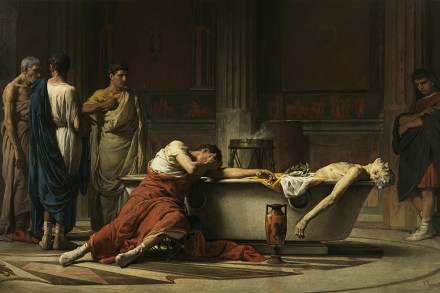Love it or loathe it – the umami flavour of anchovy
We are blessed to be living in a golden age of anchovies. They’re everywhere – lacing salads, festooning pizzas, draped across inordinately expensive small plates. In certain circles, there are few more potent social signifiers than the red, yellow and blue of an Ortiz tin. Victory for the umami junkies. How times change. Today the average Spaniard puts away 2.69 kilos of the things each year, but it was a different story in the 16th century, when the Catalan chef Ruperto de Nola complained that anchovies were ‘commonly bitter’. A little later, the English physician Tobias Venner fumed that they ‘do nourish nothing at all, but a naughty cholerick blood’.




















